Gay Dictionary Tagalog
How to say gay in Tagalog
Below are the words of our Tagalog Gay Dictionary that we will expand in new editions. If you know any more, please, contact us. But first some information about the language and the country.
Tagalog is a language of the Austronesian family, an official in The Philippines, with about ninety million speakers worldwide.
The Philippines is one of the countries that more accept sexual diversity, probably because in pre-colonial times, the society and its culture accepted homosexual behavior and transgender people, and despite homosexuality was illegal in the past, never was persecute. The Islamic and Christian colonization and its rejection of sexual diversity could cause a reinforcement in favor of The Philippines’ native diversity. But finally, 40 years of American occupation ended up establishing a negative view of homosexuality.
This may explain the legislative immobilism for LGBT rights, the opposition against equal marriage, and, according to the surveys, the grate acceptance of homosexuality. The activism developed since the 90s and celebrated the first LGBT pride in 1994.
By working on this dictionary, we have realized the great complexity and richness of The Philippines’ sexual diversity, because sexual orientation and gender identity often have no clear limits. This implies that words and expressions can refer to different questions depending on the sources consulted.
Another interesting feature is the swardspeak or gayspeak jargon, essentially flexible and changing, which has produced a practically immeasurable amount of expressions.
- +
Badaf
Badaf is an expression coined in the 1970s in the Philippines that belongs to swardspeak or gayspeak jargon. Like many other words of the time, it emerges as a non-pejorative alternative to the term bakla, however, as everything concerning the expressions of the Tagalog or the Philippines, its meaning and application vary greatly. If the expression bakla can be used, among others, to refer to a man with feminine gender expression, the term Badaf would come to refer to those men with a masculine gender expression who feel women. And all of this without really knowing if we are facing transgender women without dysphoria, or if we are facing different situations.
As an example of what we are trying to tell, we have the 1980 disco hit “Badaf Forever” by the colorful boy-band Charing (charing is also synonymous with Bakla) which reads as follows:
Oh mommy ko
Oh daddy ko
Huwag aksayahin ang panahon ninyo
Impossible na ako ay magbago
Ganito na talaga ako
Hooh
Merese, Merese, Merese
Ayaw kong umibig sa babae
Ayaw ko rin matawag na lalaki
Simple lang naman ang gusto ko
Pabayaan niyo na lang
Ako’ng ganito
B-A-D-A-F
forever
Kami ay Badaf
Itsura ay lalaki
Puso’y pam babae
Badaf foreverWhose translation could be:
Oh my mommy
Oh my daddy
Don’t waste your time
It’s impossible for me to change
This is how I really am
Hooh
Deserves, deserves, deserves
I don’t want to fall in love with her
I also don’t want to be called a man
It’s just as simple as I want
Just leave it alone
I’m like this
B-A-D-A-F
badaf forever
We are Badaf
Appearance is male
Heart is a girl
Badaf foreverDo not miss the great video. The Philippines, the early 80s:
+Bading
According to the Diksyonaryong Pilipino (2001) (Filipino Dictionary), Bading is an expression used in the Philippines, belonging to another language, and that would have its equivalent in the English language in a gay or homosexual man. Although the word seems to belong to the English language (gerund for bad), the truth is that we have not found information that indicates the origin of the term.
+Bakla
The Tagalog word Bakla is an expression used to refer to a man who behaves, dresses and speaks in a feminine way, so we could translate it into the English language as an effeminate man or a feminine man.
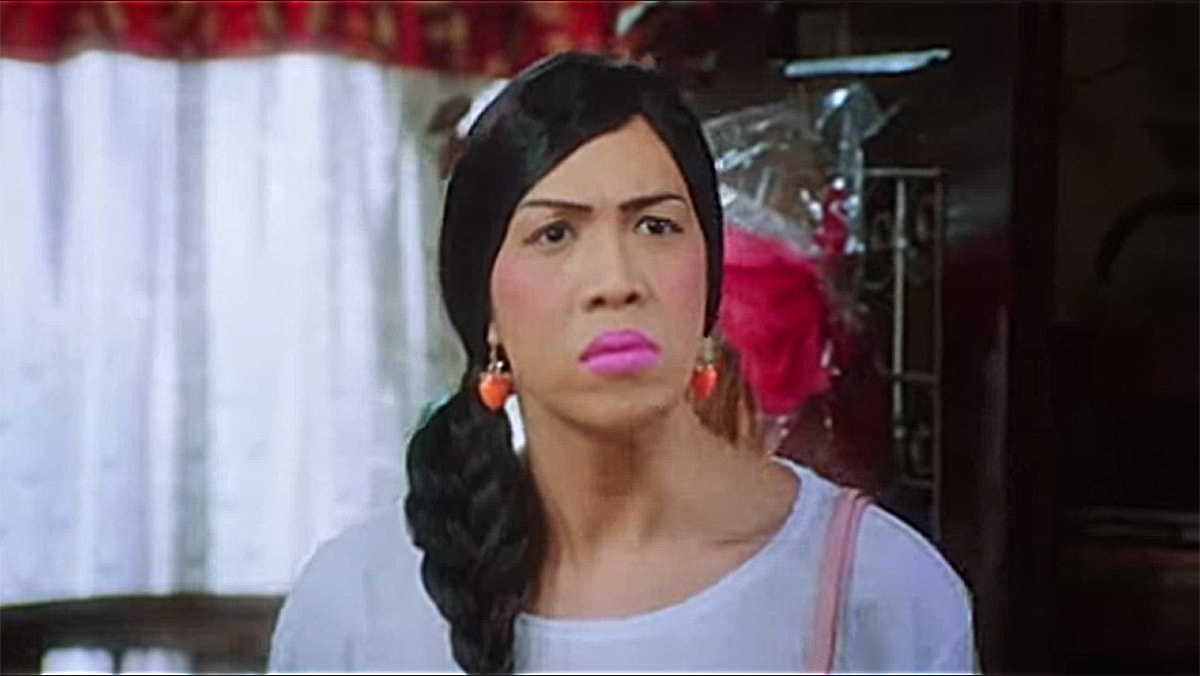
A frame of the Filipino movie Girl Boy Bakla Tomboy (2013).
However, it is an expression that originates from the words babae and lalake that mean respectively woman and man, expressing a mixture of both, so this slang sometimes is defined as “a man with a woman’s heart”. We see, therefore, that the term bakla mixes sexual orientation, identity, and gender expression. Some dictionaries also define Bakla as a hermaphrodite, probably because they don’t know what they are talking about, and they mix everything.
Some homosexual men reject this term when is referring to them, and some men have sex and even long relationships with Bakla men and who do not consider themselves homosexual. From the 19th century, as a result of the publication of the novel Florante at Laura, this slang also acquires the nuances of undecided, undefined or ambiguous, so much so, that sometimes, to refer to a bakla man, people use the expression Alanganin, translating into English as uncertainty or doubt.
With the Bakla people, it seems that we are facing a similar case, after all, to the Leitis of Tonga, because under the umbrella of Bakla, there are many different situations, including those related to sexual orientation and gender identity. There are homosexual men self identify as Bakla and not, and also, transgender women. Bearing in mind that this kind of people already existed before the West contact (as the Leitis of Tonga and the Māhū of Tahiti), also playing an important social role, because of its relationship with the spiritual world.
So, if sometimes this slang comes to your life, don’t forget to ask what they are referring to.
+Baklita
The Tagalog expression Baklita is the diminutive of the word Bakla, which appears for the first time in 2008, and is used to refer colloquially to very young children, sometimes even prepubescent, who makeup, dress and behave in a feminine way. And this is done publicly and relatively accepted by society (only in the lower classes), thus playing the role of a “little bakla.”

A frame of the film Ang Pagdadalaga ni Maximo Oliveros, in which we see Maximo, a baklita.
Baklita captured the attention of the Philippines with the premiere of film Ang Pagdadalaga ni Maximo Oliveros (2005) (The blossoming of Máximo Oliveros), starring Nathan Lopez and whose interpretation earned him the award for best actor at the Las Palmas Film Festival. The film, winner of many other awards and mentions at other festivals around the world, tells the process by which Máximo, a baklita in love with his police savior, ceases to be a baklita without knowing, finally, where he is going.
A film and a term that shows us a contemporary sexual diversity, respected and appreciated, and far from the established canons from the West. Realities that come to remove the binary foundations and the exclusionary categories, realities that have always been and remain with us.
+Binabae
The Tagalog word Binabae appears in some dictionaries as a synonym for bakla, which in short, can refer to a homosexual man, effeminate man, a transgender or transsexual woman, and even hermaphrodite. However, the parts that form this word can give us some clue, since Bina- means to build, and -bae refers to babae, which means woman. According to this, Binabae would be “made a woman” as opposed to “being a woman.” The slang Binalaki would be the analogous expression for lesbian people.
2Biniboy
Biniboy is an expression of the Tagalog language used in the 50s and 60s to refer to gay or feminine men in the Philippines. It is probably composed of Bini, which comes from the word Binibini, which means Miss, and the English word boy.
+Silahis
Silahis is an expression of the Tagalog language, a loanword from the Cebuano, used to refer derogatorily to bisexual people. However, if we go deeper, and given this Filipino peculiarity that makes it difficult to separate identity and orientation, we see that there are homosexual men who define themselves as Silahis because they are not effeminate, and that there are also silahis married to women, with children, who would like to dress and behave like a woman, and that they have sex with women and men. To complicate it, the Tagalog dictionary defines it as “the rays of the sun breaking through the clouds” and as “a ray in its moral sense” (if anyone knows this moral sense, please, tells us). However, silahis was an expression belonging to the swardspeak jargon – the relationship with the ray can be any or none – and that, from the 70s, was replaced by other sward words.
+Sward
The slang Sward is an English loan word used in the 70s and 80s in the Philippines with the meaning of gay. The most common translation of Sward is turf, and, as much as we have searched, we have not found the relationship with male homosexuality. However, this expression has given its name to the Swardspeak, a jargon of the LGBT community, very flexible and dynamic that is created by mixing words from the Tagalog with English, Spanish, Japanese, and Cebuano.
+Tsiksilog
The translation into the English language of the Tagalog word Tsiksilog is a woman with testicles. It is an expression formed by two parts, Tsik, which comes from the English word Chick, meaning girl, and itlog, a Tagalog word which translated into English is eggs and refers to the testicles. It is a term used primarily to refer to sex workers dressed as women, whether transgender women or transvestite men.
+Vaklush
There isn’t much information about the Tagalog expression Vaklush, but it seems to be a bakla word variant, more inclusive and non-derogatory, that belongs to the Philippine LGBT jargon.
Variant: Baklush
+Vaklushii
The Tagalog expression Vaklushii seems like a variant of the word Vaklush. It is an expression that gives title to a chapter of the Filipino television series Seventeen Daisies (2003-2010), starring the group SexBomb Girls, which plays a song with the same title and whose refrain says:
vaklushii vaklushii vaklushi
kahit saan girl, boy, bakla, tomboy may ganito
masaya makulay magaganda
kahit saan ka pa rumampa, bongga ka naand that could be translated into English as:
Everywhere there is girl, boy, bakla, tomboy
with this colorful and funny beauty,
no matter where you are fromThe interpretation of the song could be an exaltation of sexual diversity and, therefore, this expression could be a generic, inclusive, and non-derogatory term with which to refer to the LGBT community.
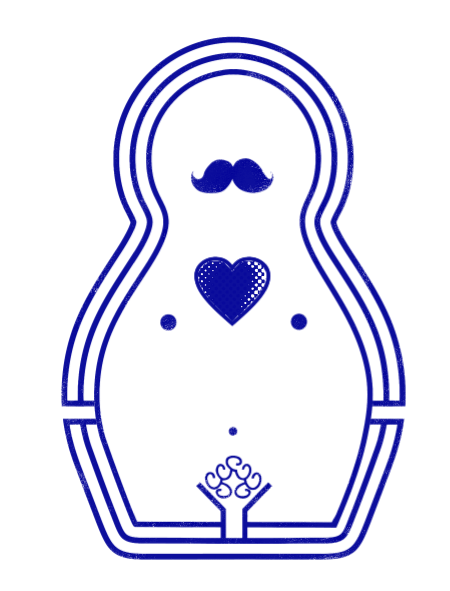

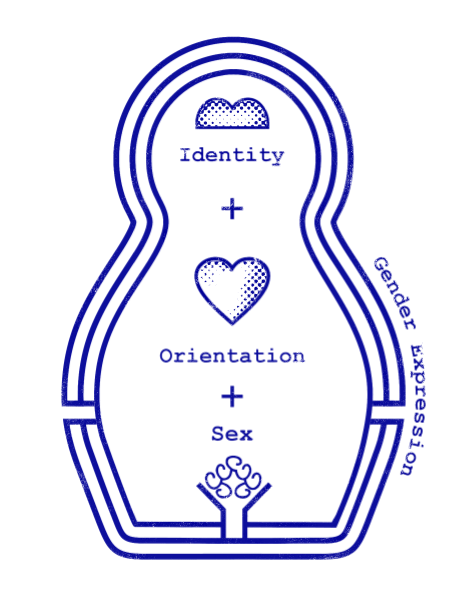
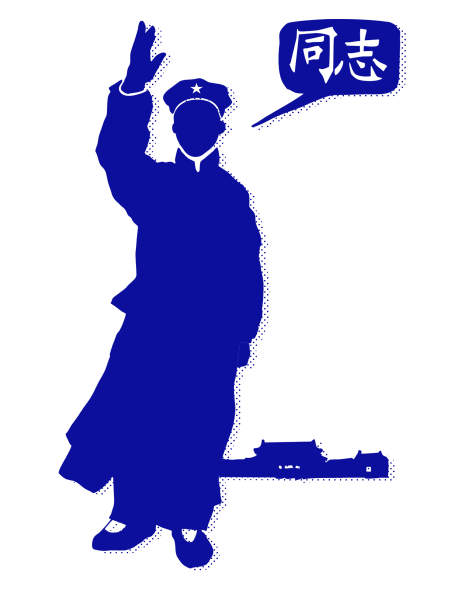
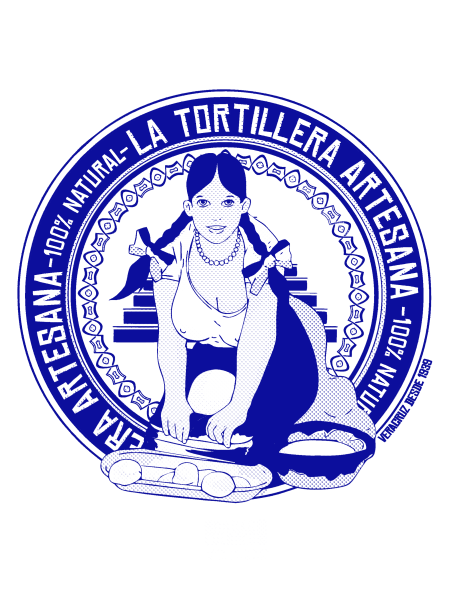
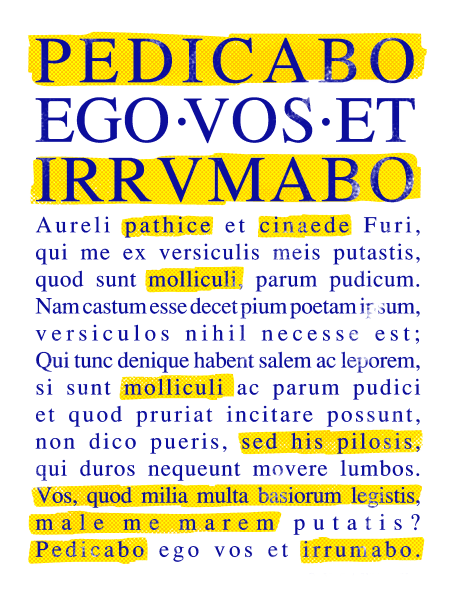

Can you help us with this dictionary?
You can do it in two ways, sending an email with some words you know, and also, spreading our work on your social networks.
Share it!